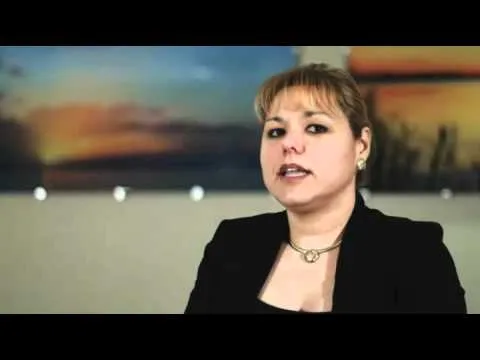- AdventHealth

UNIFYING FOR THE UNINSURED
The Bridge Program at AdventHealth East Orlando is a free service for uninsured patients, offering specialized care management to help patients with chronic conditions transition from hospital to home. The program began in October 2010 when research findings concluded that lack of information regarding community resources, including physicians and other health care providers, makes access even more difficult for those uninsured individuals in need of assistance.
"We want to provide a continuity of services after a patient has been discharged, from coordinating primary care visits to making sure the patient has transportation to attend appointments." -Alba Santiago
"We have people who are repeat users of the Emergency Department (ED) who are not getting the proper care they need because they don't have a primary care physician or are not aware of other community services available," says Alba Santiago, program manager.
AdventHealth's mission has propelled us to help restore basic needs for underserved communities in Ethopia, Haiti, Peru, Germany and Jamaica. Upon learning of Bithlo's plight, we decided it was time to take action close to home.
AdventHealth established the Bridge Program to give patients and caregivers the necessary tools to address health issues through referrals to primary care physicians and by linking the community with area resources according to need. "The criteria we use to identify participants for the program is based on where they live [zip code], their insurance status, if they suffer from any chronic disease and whether they had three or more visits to the ED," says Cathy Hosman, director of Case Management. The program provides a registered nurse, a social worker and a care coordinator to identify needs and set up an individual plan of care to track changes in health status, medications and appointments. Additionally, patients are encouraged to attend a six-week Chronic Disease Self-management Program (CDSMP) and Diabetes Self-management Program (DSMP) workshop developed by Stanford University and provided by the FHEO Cuidate/Take Care Program.
"We want to provide a continuity of services after a patient has been discharged, from coordinating primary care visits to making sure the patient has transportation to attend appointments," says Santiago. One success story is Nicolas Hernandez, who not only learned to manage his chronic conditions, but would also bicycle the 20 minutes to attend his self-management classes. "I didn't have a car and my friends sometimes didn't show up for a ride, but I learned what is good for my condition," Hernandez shares. "Before, I suffered from high blood pressure, high cholesterol and lots of health problems. Each time I felt bad, I would come to the ED for treatment. Now I have a cardiologist who is checking on me once a month, and I learned how to stay in shape."
The Bridge Program began with 120 patients, grew to 375 by 2011, and is expected to reach 500 by the end of 2012. "We monitored our success by reviewing patients 12 months before and 12 months after the program's inception, and we've seen a 50 percent reduction in the number of ED visits among participants," says Hosman. The reduction in ED visits is just one sign of the program's success. When asked about his experience, Bridge Program participant Hernandez says, "If it had not been for the doctors who looked after me, I don't know what would have happened because I felt like I was dying. Now I feel that God has given me another opportunity through the Bridge Program."
For additional information about The Bridge Program, please call Call407-303-8110 x7989




